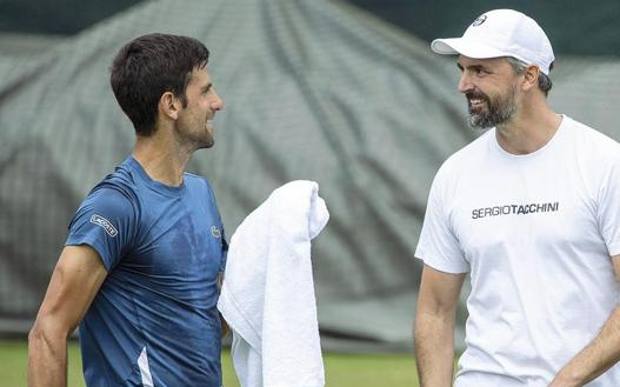To give an explanation for why many champions do not retire come an age when this would seem to be the best decision, and here the thought goes to 37-year-old Novak Djokovic, an article in The Guardian cites the story of Archie Moore (1916-1998), world light heavyweight champion and one of the longest-lived boxers, happily married and father of two daughters. When he was 47 years old and still world championship, he said:
“I’m still the old mongoose in there trying to outwit and outhit the younger guys,” he said. “I’m like the drunk in the bar who wants one more for the road. I want one more knockout to add to my record and then just one more after that. Some people say it’s great when a man retires undefeated. But a champion should fight to the finish and go out with his hands cocked just as he came in. It’s the proper exit and I think it may be mine.”
He fought for three more years and retired at age 50 with 186 wins.
Djokovic is aware of what is happening to him and is trying the coaching change card, perhaps to find new stimulation, what does not detract from the fact that his thinking today is quite clear and his decision will depend on how well he can accept this inevitable decline and the sadness it entails:
“We all know that those moments will come for all of us,” he said. “But when they actually come, and when you actually understand that that’s it – that Roger finished his career, Rafa and I are probably not going to play much more, it’s kind of one era comes to an end and it’s sad.”





